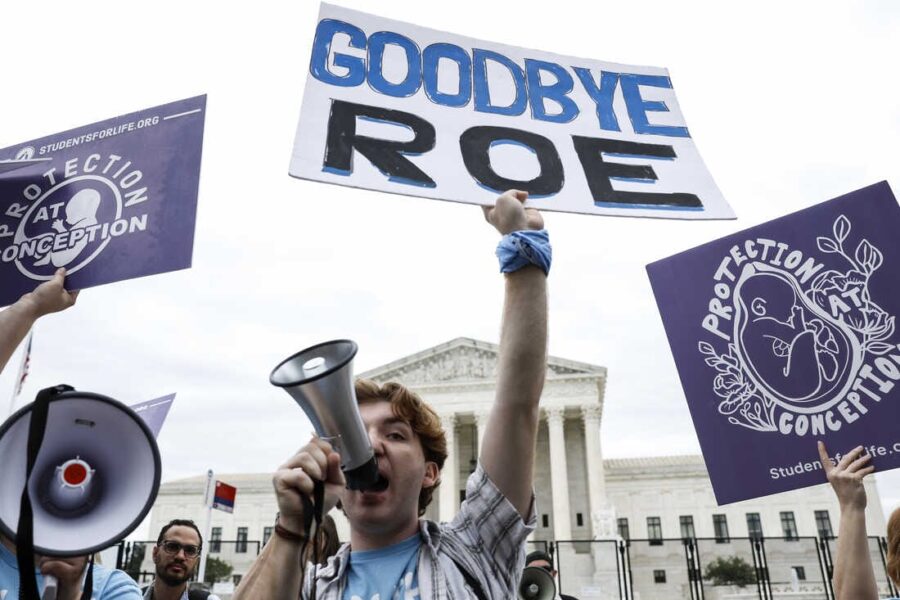Washington, DC — State Reproductive Health Acts, also called Roe Acts, are bills designed to expand and enshrine the abortion “right” beyond Roe v. Wade. Though Roe Acts vary state to state, the basic idea is to prevent future legislators and regulators from implementing any limitations to “abortion access,” including for minor girls, even if that means treating abortion differently from medical procedures.
Even though the Supreme Court has repeatedly said that states have a legitimate interest in protecting life and ensuring the health and safety of mothers, Roe Acts prevent legislators from passing commonsense protections and rejects the idea that the state has any interest in the life of the unborn at all. In 2019, Roe Acts were passed in New York, Illinois, Rhode Island, and Vermont.
Massachusetts introduced a Roe Act last year—House Bill 3320—and the Massachusetts Legislature will continue to consider this bill in 2020. This bill would expand abortion beyond Roe by permitting abortion whenever it is “necessary to protect the patient’s life or physical or mental health,” which, thanks to a broad definition of “health,” effectively creates abortion on demand.
It also guts commonsense safeguards that have been in place for decades by watering down the informed consent requirements and ending the 24-hour reflection period. Without these laws, there is no way to ensure that women understand—or even receive—critical information about the procedure itself, the health and safety risks inherent to abortion, and the stage of development of their unborn baby. This bill would prevent women from getting the information they need to make an informed decision.
This bill eliminates any parental consent or even parental involvement when a minor girl seeks an abortion. Not only would it be much more difficult to identify minors who are being coerced or abused, it abandons these girls in a medically and emotionally challenging situation. Under this bill, there is no safeguard to prevent a minor girl from being brought to an abortion business by her abuser. This is a clear example of the government seeking to replace the family, to the detriment of girls and their parents.
This bill also dehumanizes unborn babies by defining “pregnancy” as the “presence of an implanted human embryo or fetus within a person’s uterus” and eliminating the term “unborn child” entirely. To further reduce the humanity of the unborn child, the bill repeals an existing requirement to preserve the life of a child who survives an attempted abortion. Currently, there must be life-supporting equipment in the room where any late-term abortion occurs, but this bill removes that part of the law, leaving physicians unclear of their responsibilities to the mother or child, even after birth.
Lastly, this bill prevents the passage of any future protections for the health of the mother and child, such as protections against coerced abortion, sex-selective abortion, and abortion based on genetic anomalies, by prohibiting regulations of abortion providers that could be considered a restriction on an individual from having an abortion. By lowering professional accountability, abortion providers in Massachusetts will be free to operate without regulation and oversight, to the detriment of women and young girls as they risk facing life-threatening and potentially life-ending complications due to abortion.
Roe Acts must be opposed everywhere they are introduced because they place the financial interests of the abortion industry above the health and safety of women and girls. By removing basic health and safety regulations and preventing lawmakers from implementing future protections, Roe Acts demonstrate that abortion is not about “healthcare,” it’s about profit.
Americans United for Life (AUL) is a nonprofit, public-interest law and policy organization that holds the distinction of being the first national pro-life organization in America—incorporated in 1971. It protects and defends human life from conception to natural death through vigorous legislative, judicial, and educational efforts.
FOR MEDIA INQUIRIES, CONTACT
press@aul.org or 202-741-4921




